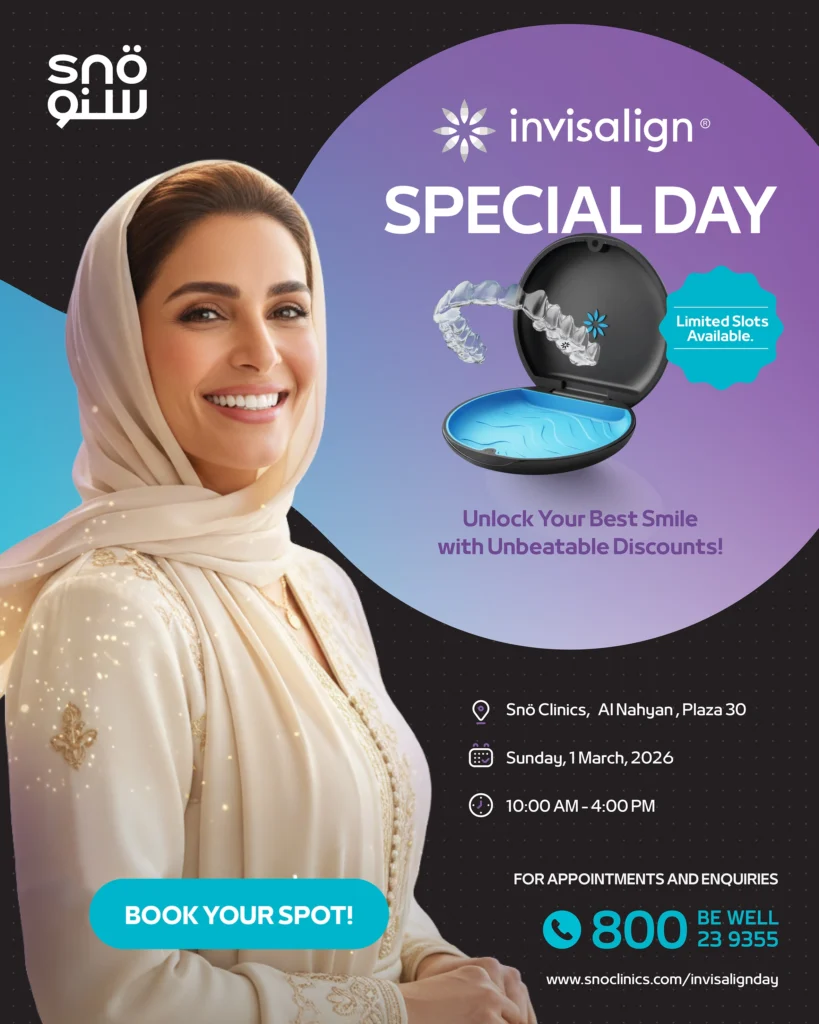Snoclinic - Fixed Dental Braces Abu Dhabi
Braces are wire-based attachments used to correct crowded or misaligned teeth and jaws, helping to create a straighter smile and an even bite. They consist of brackets, bands, spacers, archwires, and ties and can be placed on the outer (buccal) or inner (lingual) side of the teeth. While they require more effort than invisible aligners, fixed braces provide greater control and precision for effective treatment.
Snö offers a wide range of braces in abu dhabi for children, teens, and adults to suit different lifestyles and budgets.
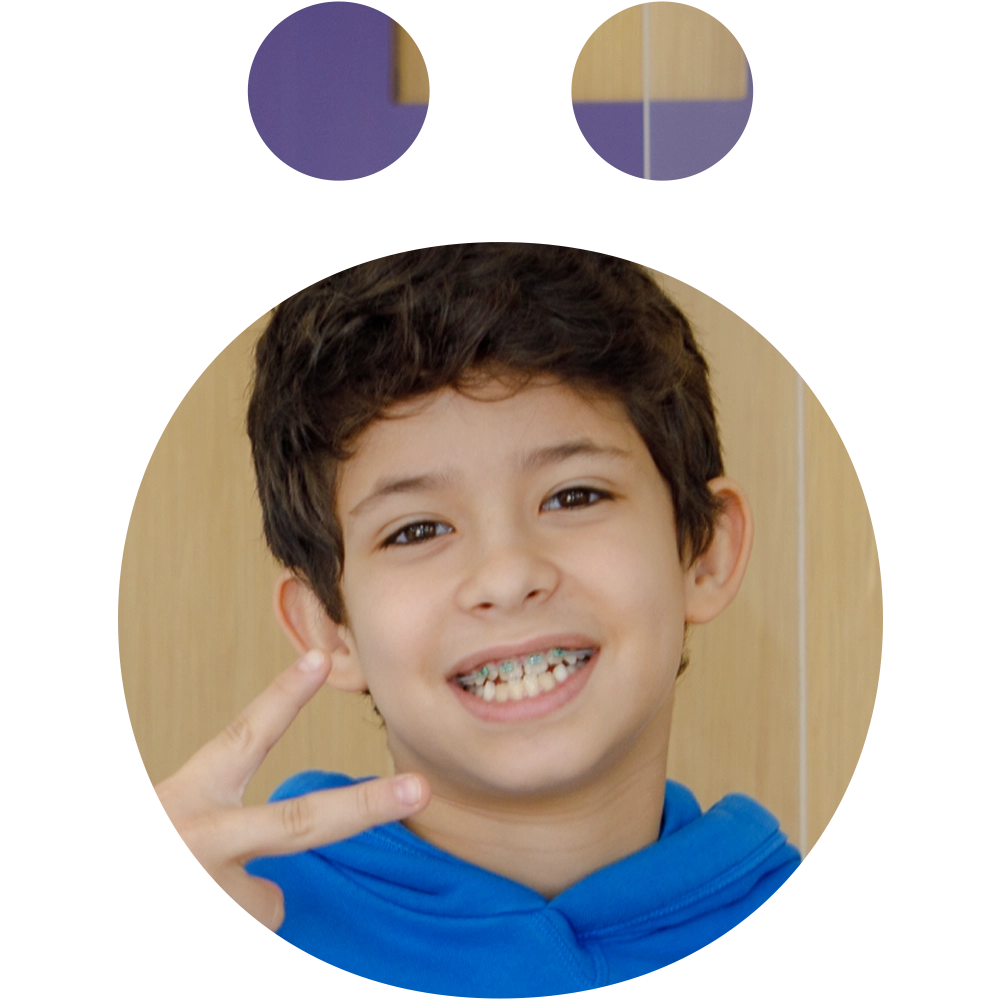
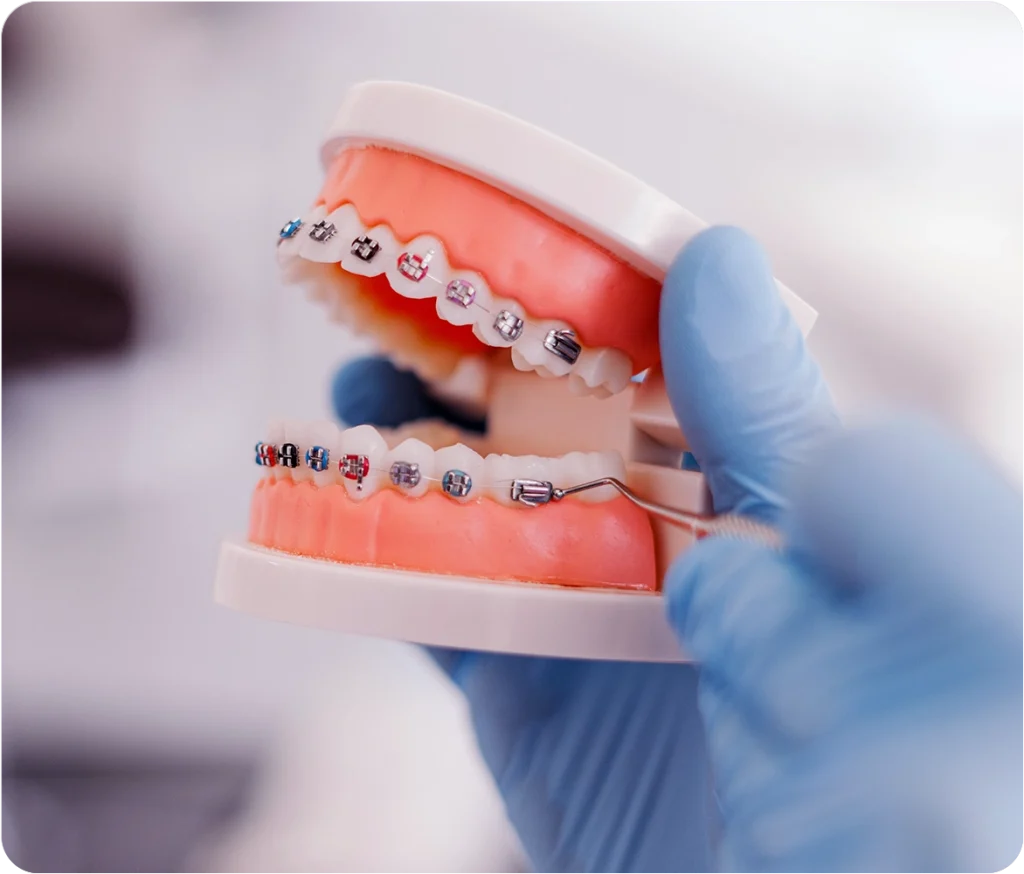
Fixed Braces In Abu Dhabi
Experience specialist-led orthodontic care from the best orthodontist in Abu Dhabi, committed to giving you a healthier, more confident smile. Here is some benefits
Improved Smile Alignment – Braces straighten crooked or crowded teeth, giving you a cleaner, more attractive smile.
Better Bite Function – They correct overbite, underbite, and crossbite issues, making chewing and speaking easier.
Enhanced Oral Health – Properly aligned teeth are easier to clean, reducing the risk of cavities and gum disease.
Long-Term Confidence Boost – With a perfectly aligned smile, patients enjoy improved self-esteem and overall facial aesthetics.
Who Needs Braces?
No matter your age, braces or dental appliances can help correct crooked or misaligned teeth.
You may be a good candidate for braces if you have any of the following bite issues:
Open Bite: Can cause difficulty chewing, speech issues, and jaw problems.
Overbite: Upper teeth extend too far over lower teeth, leading to gum irritation, tooth wear, and jaw pain.
Crowding: Lack of space can cause crooked teeth, plaque buildup, and a higher risk of decay and gum disease.
Crossbite: At least one upper tooth overlaps the lower teeth, leading to tooth wear, gum disease, and bone loss.
Underbite: Lower teeth extend beyond upper teeth, causing tooth wear and jaw pain.
Spacing: Gaps between teeth make cleaning harder, increasing the risk of gum disease.
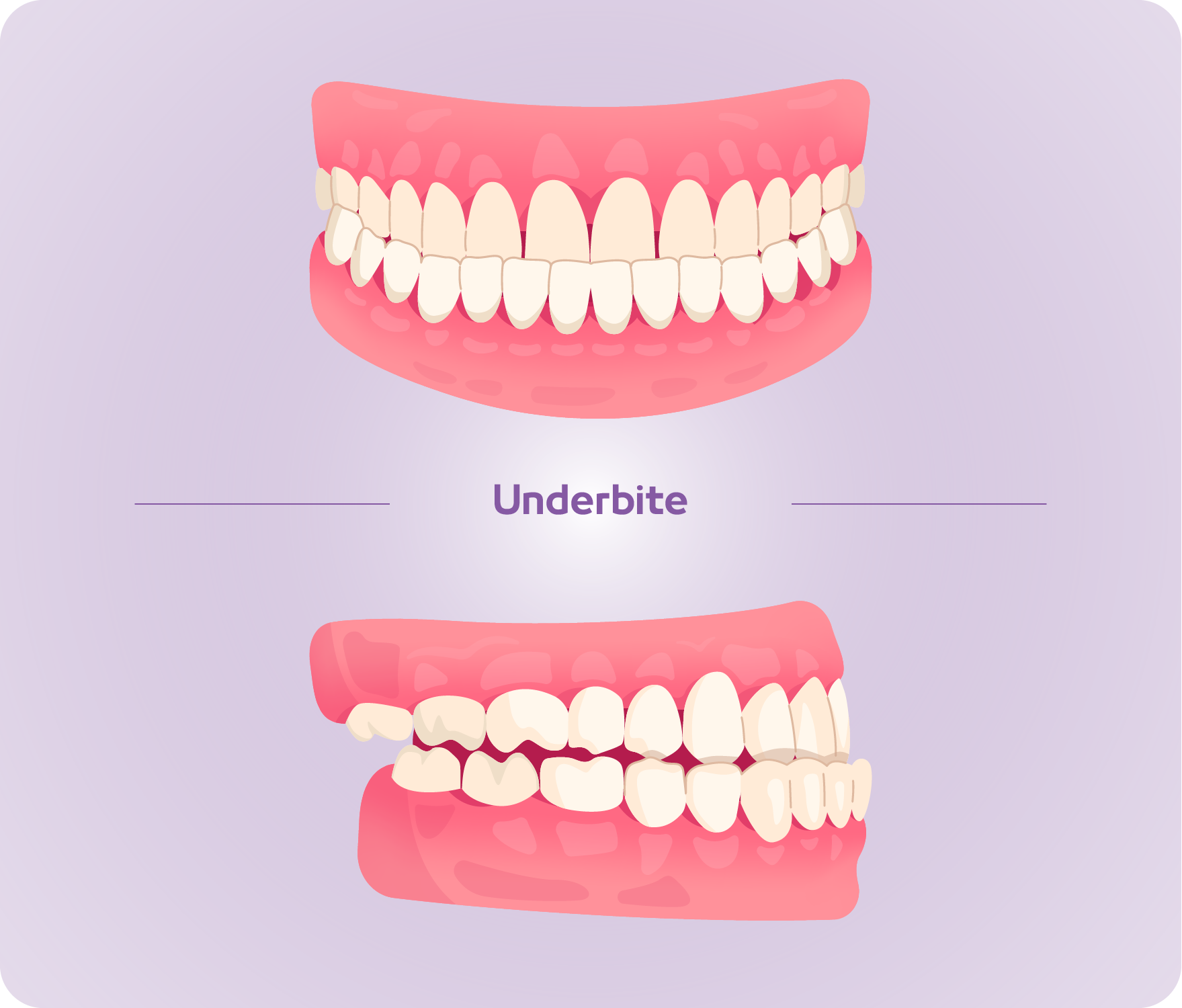
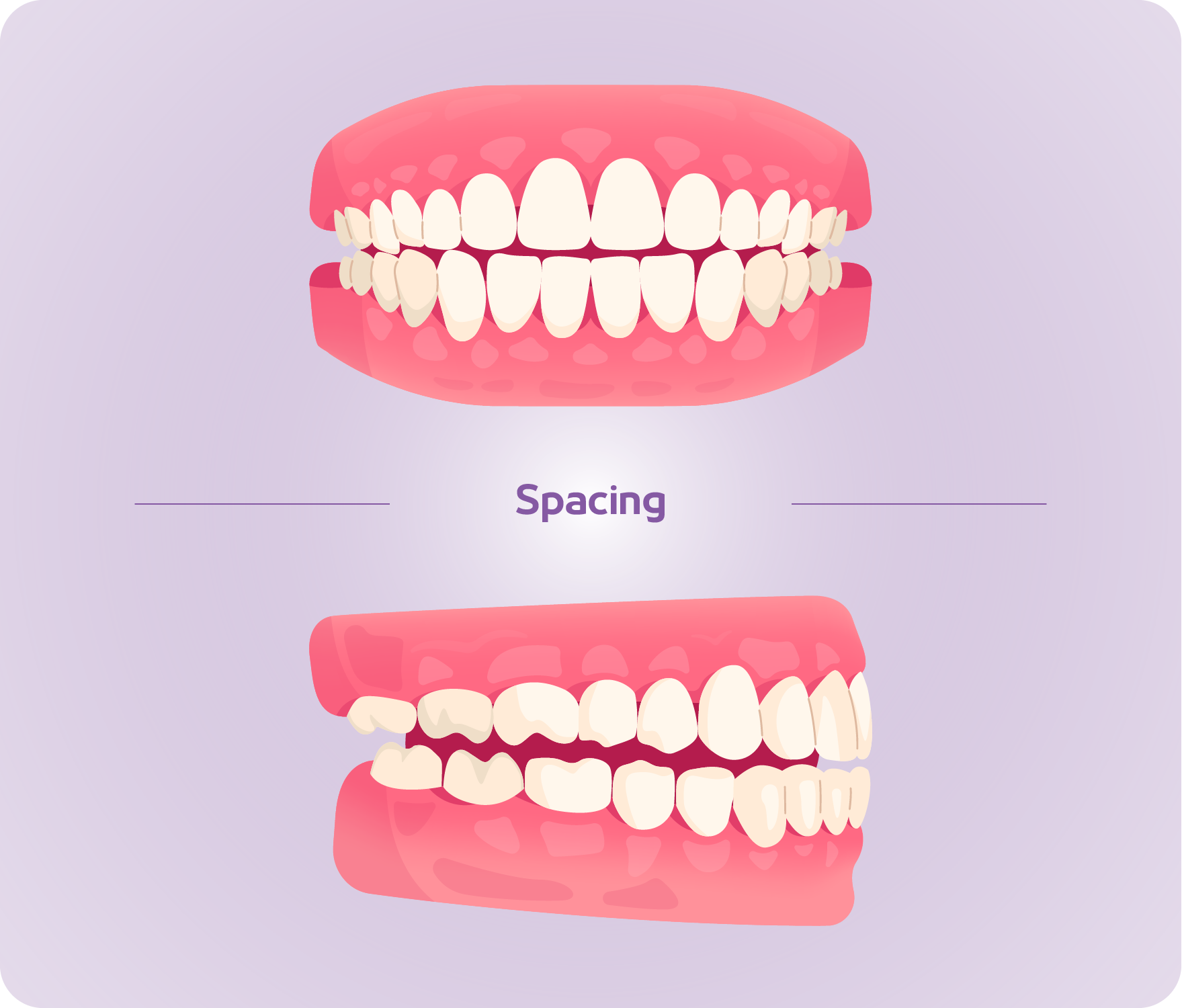
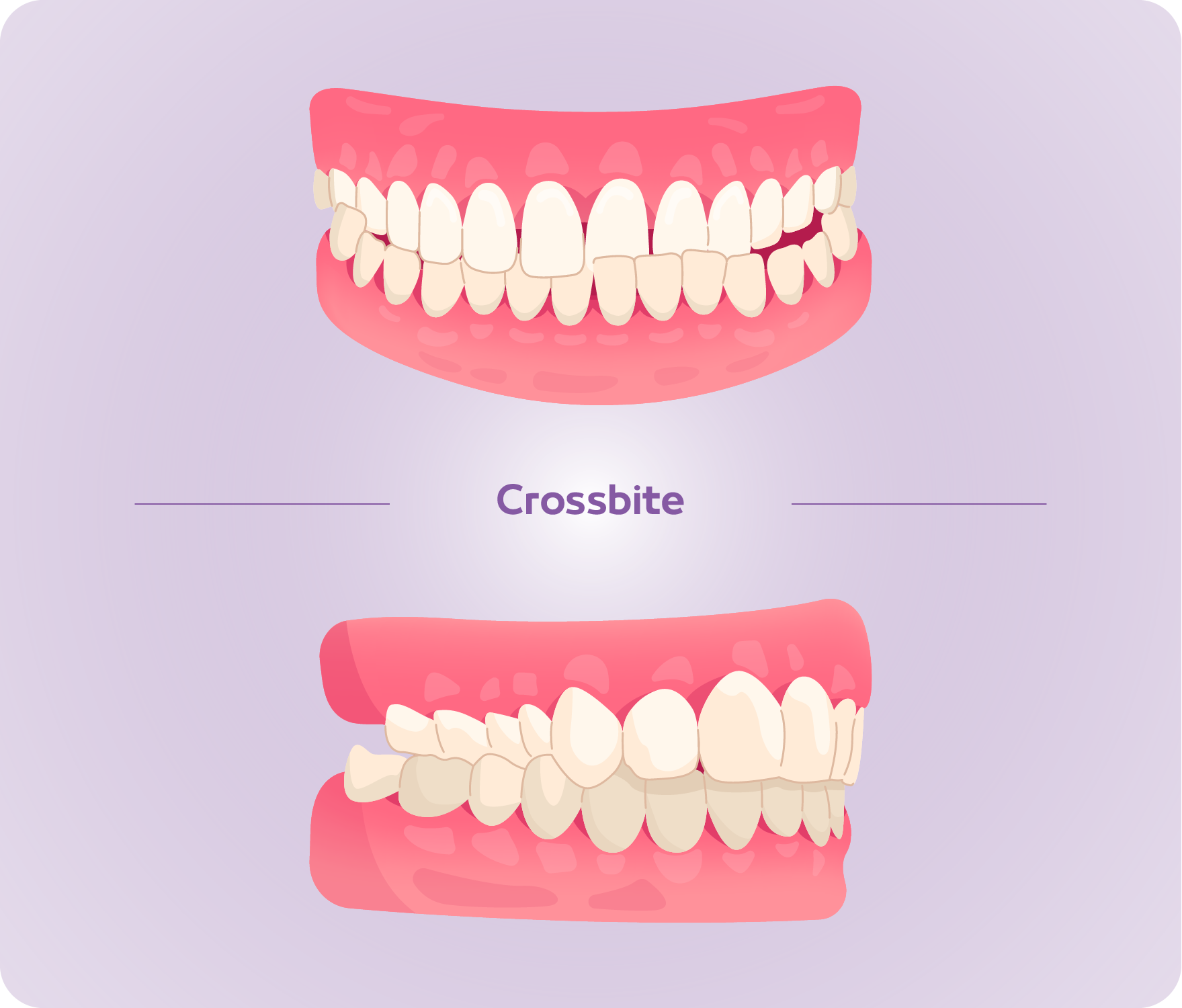
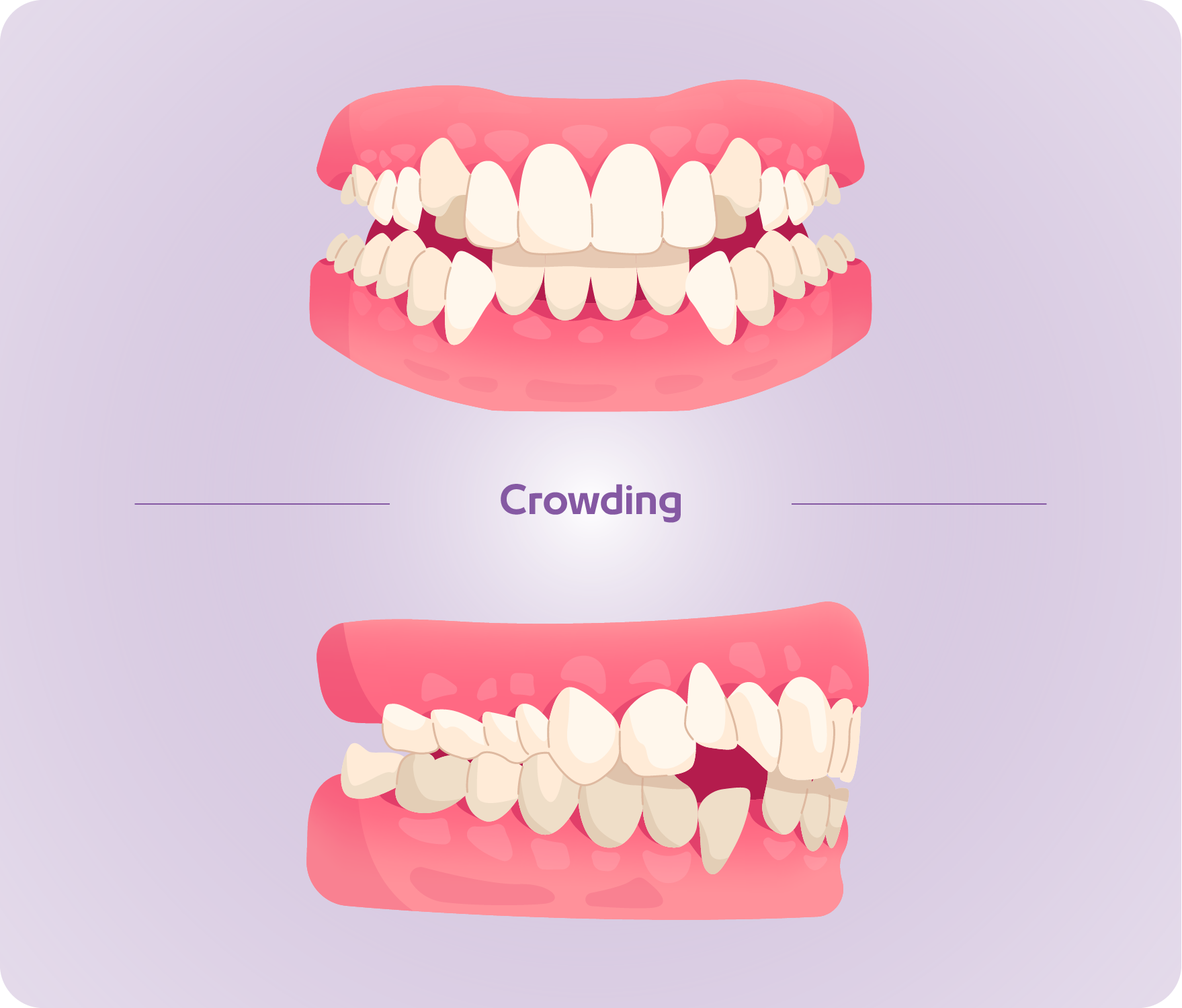
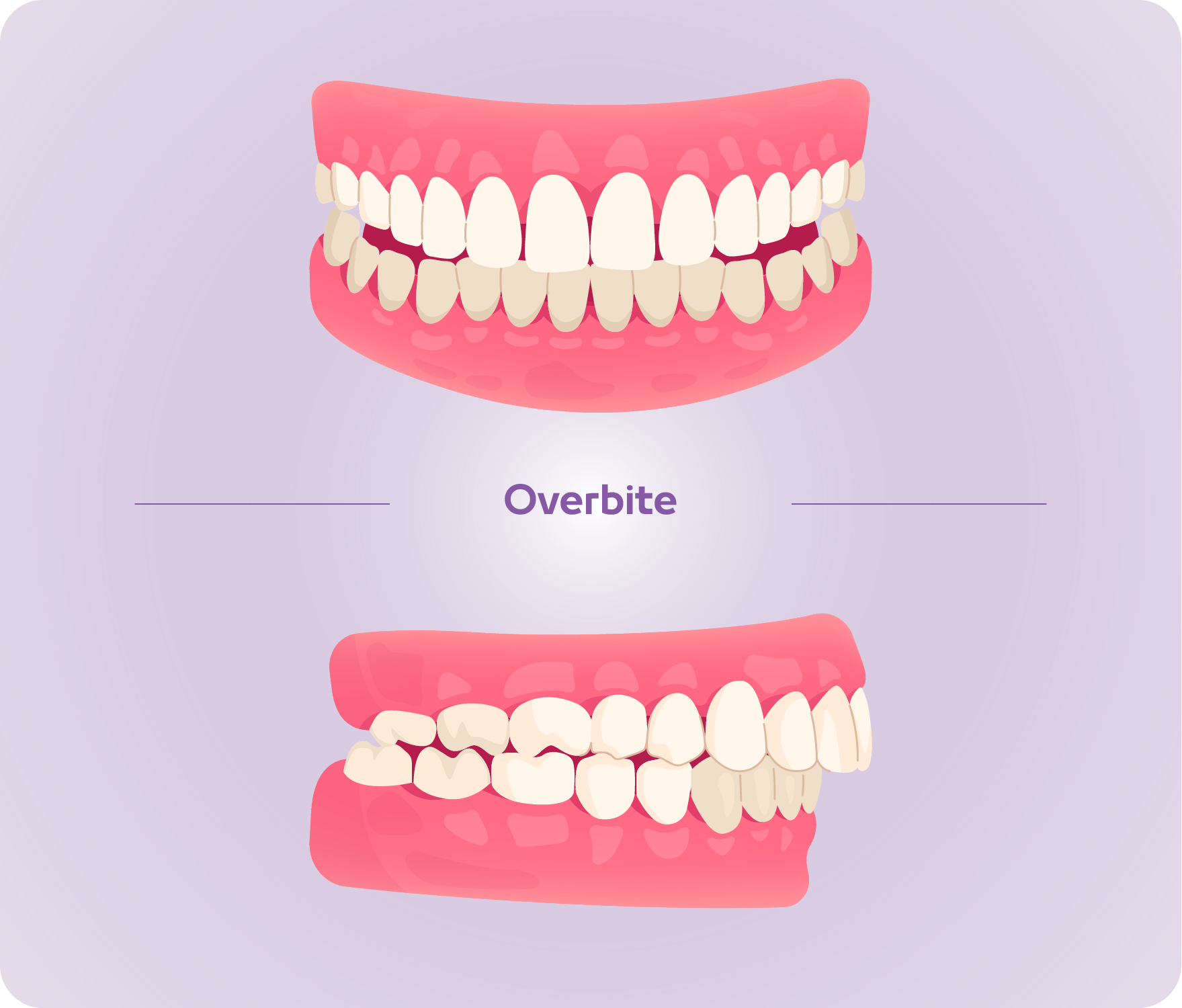
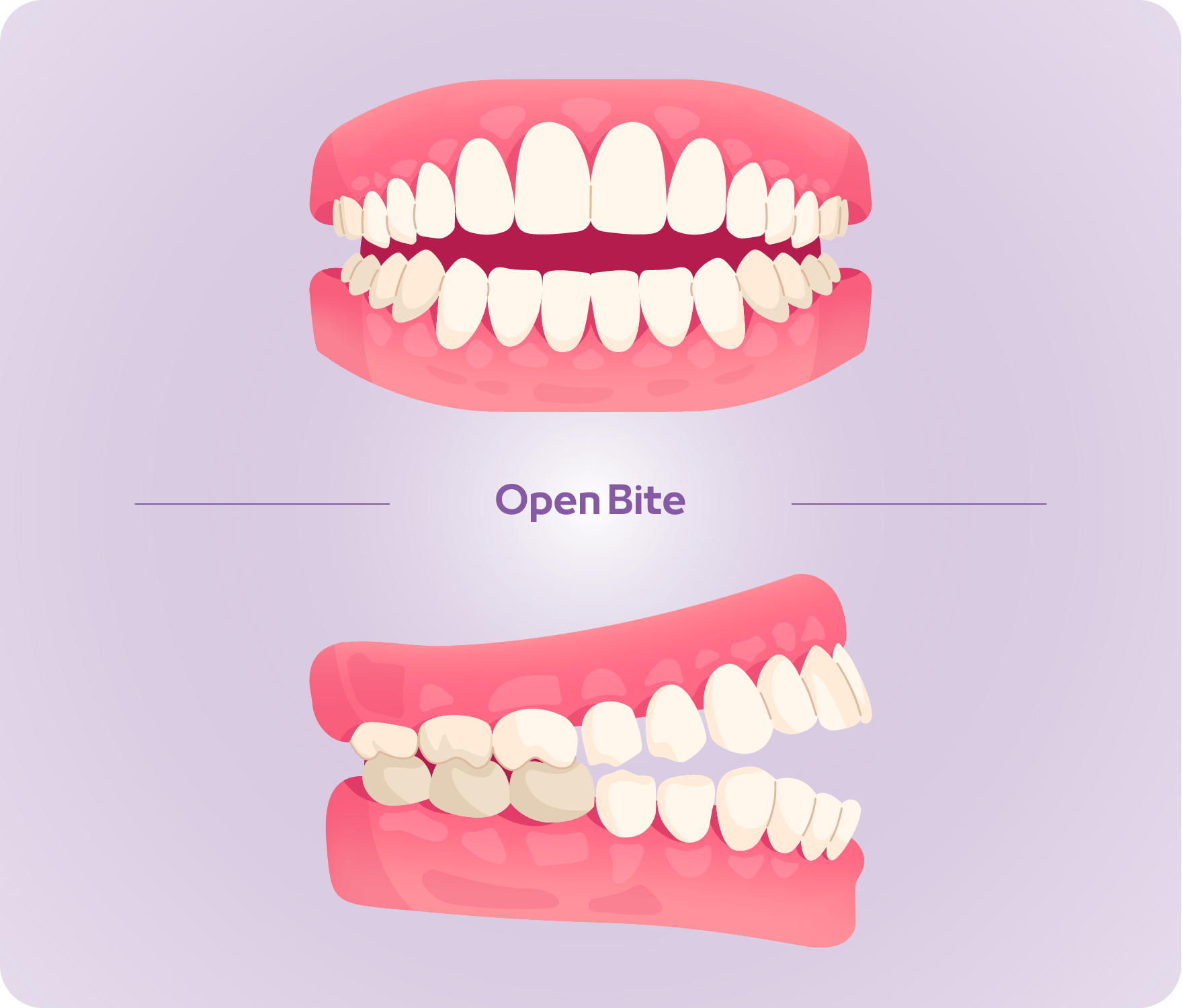
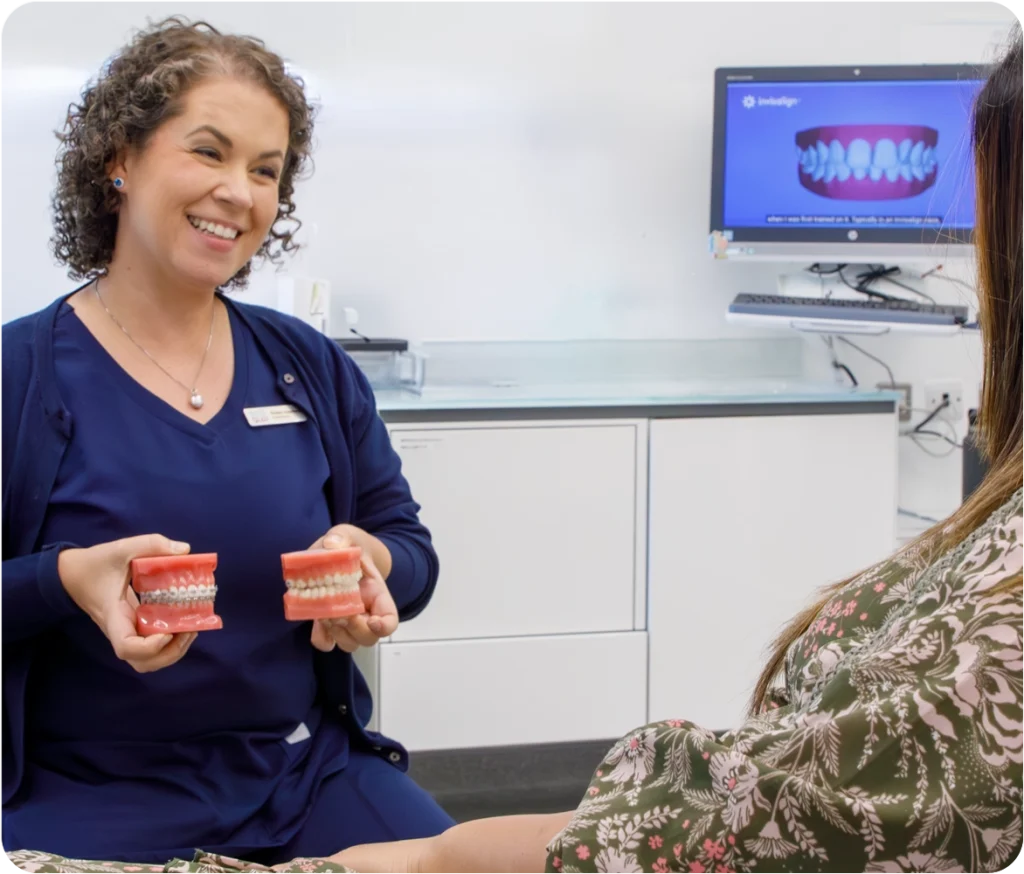
Types of Braces at Snö Dental
- Clear Braces (Ceramic Braces) – Tooth-coloured and less visible than metal braces.
- Metal Braces (Traditional Braces) – The most common option, with customisable elastic colours.
- Invisalign® (Clear Aligners) – Nearly invisible, removable trays for discreet treatment.
- Removable Braces – Mainly used for minor corrections on upper teeth.
- Lingual Braces – Placed behind the teeth for a hidden treatment option.
Why Choose Us?
Expertise in Fixed Braces
Our orthodontic specialists have extensive experience in providing fixed braces, offering precise and tailored treatment to address a wide range of alignment and bite issues.
Proven and Reliable Results
We use high-quality materials and the latest techniques to ensure effective, long-lasting results, giving you a beautifully aligned smile and improved oral health.
Comprehensive Support and Care
From your initial consultation to the completion of your treatment, we are committed to providing clear guidance, regular check-ups, and exceptional care every step of the way.
Book a consultation with us today to begin your journey towards a confident, perfectly aligned smile.
- Frequently Asked Questions
What age is best to get braces?
The ideal age is 11 to 14 years, once most permanent teeth have erupted. However, braces can be effective at any age.
Are braces painful at first?
Yes, mild discomfort is normal during the first few days after getting braces or after adjustments. The pain usually subsides within a week.
How long do fixed braces last?
Fixed braces are usually worn for 18 to 24 months, depending on the complexity of the case. Some patients with minor alignment issues may finish treatment in about a year, while more severe bite corrections can take longer than two years. The duration also depends on how closely you follow your orthodontist’s instructions, such as attending regular check-ups, maintaining oral hygiene, and avoiding foods that can damage the braces. Once the braces are removed, a retainer is typically required to keep teeth in their new position.
Can braces fix teeth in 9 months?
Yes, braces can sometimes fix teeth in as little as 9 months, but this usually applies to mild cases of crowding, spacing, or simple alignment issues. Fast results depend on the patient’s age, the type of braces used, and how much movement is needed. For example, clear aligners or accelerated orthodontic techniques may shorten treatment time in suitable cases. However, complex bite problems generally require longer treatment. It’s best to consult your orthodontist to get a personalized estimate based on your dental condition.
